After analyzing bits of Preterism in Orthodox texts concerning typical eschatological subjects, let us now delve into an issue traditionally not discussed by eschatologists: Theosis.
Traditional Christianity with different terms and more in the East than in the West, has always embraced the concept of the faithful, through grace and a pious life, transforming himself and becoming more like God. The East calls it Theosis, roughly translated Deification. The West tended to call it Divinization, some Protestants, Sanctification. Nothing specifically Preterist about this tradition, but since Preterism believes that the tools and means to establish the Kingdom of God have already been given to us, this concept should be of particular importance to Preterists. In fact, I believe that most Preterist do not realize how important this is, possibly because of their mostly Protestant, therefore less “mystical” and more “rational” background. Following are some extracts from the Prayer Book on how the Orthodox view one of the ways this can be achieved. Although alone in itself ineffective, of particular importance to this is the practice of communion.
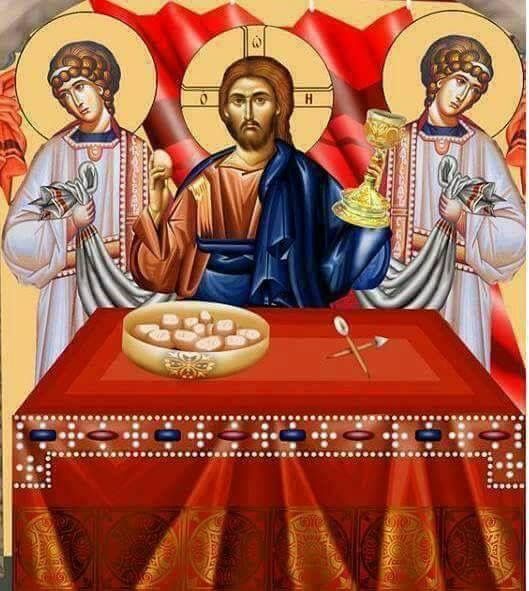
“…that with a pure heart, steadfast intent and contrite soul I may partake of Thine undefiled and all-holly Mysteries whereby each who eateth and drinketh with a pure heart is given life and is deified…”
page 326
“…for he who shareth in divine and deifying grace is not alone, but is with Thee…”
page 326
“For this cause have I drawn nigh unto Thee with tears, as Thou seest, and with contrite soul I beg to receive deliverance from my transgression, and to partake of Thy life-giving and immaculate Mysteries uncondemned, that, as Thou didst say, Thou shalt abide with me, the thrice wretched, lest being found outside Thy grace, the deceiver seize me by cunning and having led me astray estrange me from Thy deifying words.”
page 328
“Beholding the deifying Blood, O man, be thou filled with awe,…The divine Body both deifieth and nourisheth me, it deifieth the spirit and strongly nourisheth the mind.”
page 339
The verses above say we are deified by partaking of Christ’s Body and Blood, getting life, obviously eternal spiritual life. There is an emphasis in deification affecting the spirit and the mind. Below we hear that They also render us incorrupt.
“How can I, who am clay, partake of the divine Body and Blood and be rendered incorrupt?”
page 305
If the deification gives us life eternal and if it particularly affects the spirit and the mind, then this is another hint at the nature of the resurrection and of the incorruption.
The Bible teaches and many theologians have commented, that at the new covenant age, the saints will rule the kosmos and will be no less than angels (1Cor 6:3.) The concept of deification is very important in this regard. It seems obvious that we will be higher than angels not in this earthly life, but when we leave it and enter the actual Kingdom of Heaven, that is Paradise. However proper deification here on earth must be a condition to enable the overlapping of Heaven and Earth while we are down here, and at the same time a requirement to be able to later enter the heavenly realm.
The veneration of the Theotokos (God Bearer) or Mother of God and all the Saints is in sync with this concept. The prayer book says of her:
“O thou who art more exalted than the angels…”
page 31
“Without ceasing let us hymn the all-glorious Mother of God, who is holier than the holy angels…”
page 84
“Thou art more exalted than all the angels and archangels, and higher in honor than all creation.”
page 178
“…rejoice, holy one, greater than the Holy of holies!”
page 174
The last prayer has a word play that English cannot properly render. The translation is correct, but another equal translation would be
“…rejoice, holy one, greater than the holy ones!”
In the Old Testament, the holy ones, or the sons of God, are the members of God’s council, the angels, archangels, seraphim and cherubim (Psa 82, Psa 89, Job 38).(See Heiser’s The Unseen Realm)
“O most holy Lady. Mistress Theotokos! Thou art more exalted than all the angels and archangels, and higher in honor than all creation.”
page 178
“More honorable than the cherubim, more glorious beyond compare than the seraphim,…”
page 52
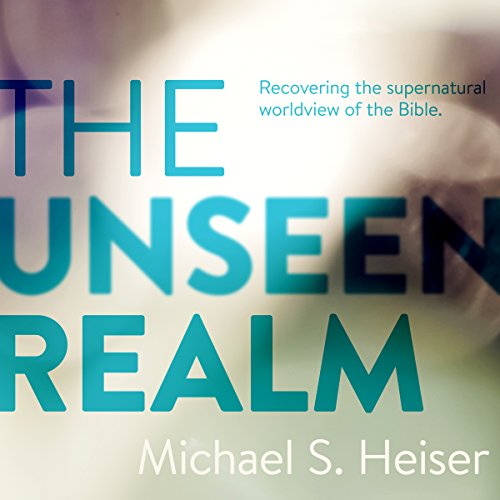
It is easy to accuse the Orthodox (and Catholic) to be in violation of the Old Testament commandment to not consult the dead and to not make or pray to “images.” The arguments for and against can become very technical. An often used argument by Orthodox and Catholics is that the Saints they venerate and pray to are not dead, but alive. A true Preterist position would make the Orthodox/Catholic position on veneration of Saints substantially stronger:
Our Saints, which is the same word for the Old Testament Holy Ones, are now resurrected, not as mere spirits, but in their new glorious and heavenly bodies, they are alive and are able to manifest physically in this plane at will. They are members of the Council of God, higher (or equal at least) than angels (sons of God), ruling the cosmos in the unseen realm, but also here on earth through those willing to submit to the will of God.
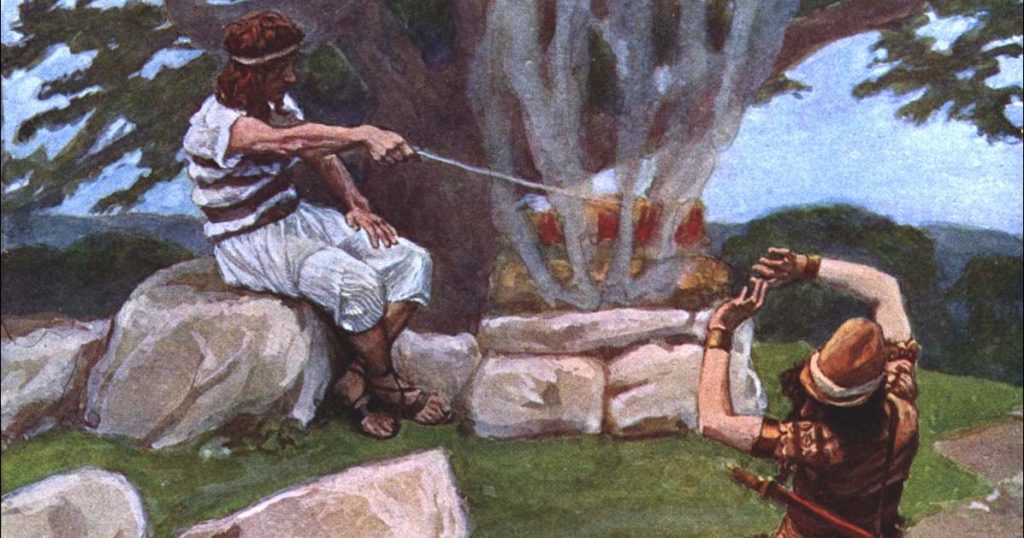

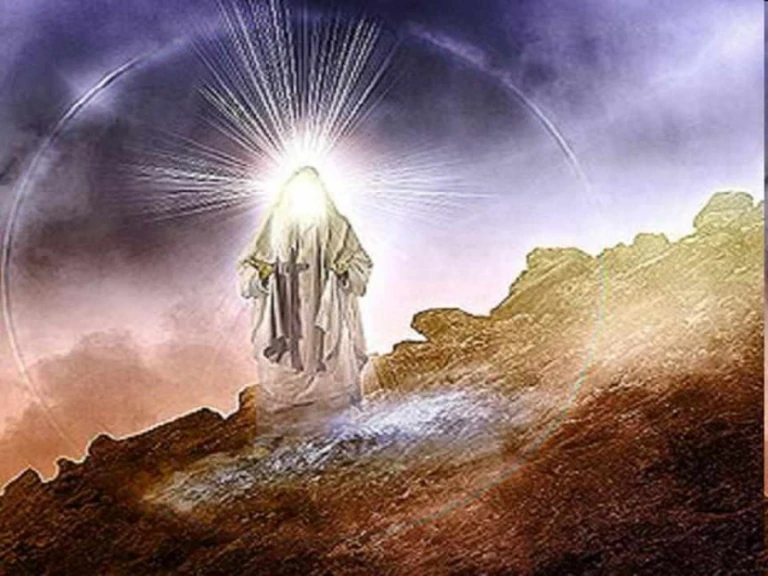
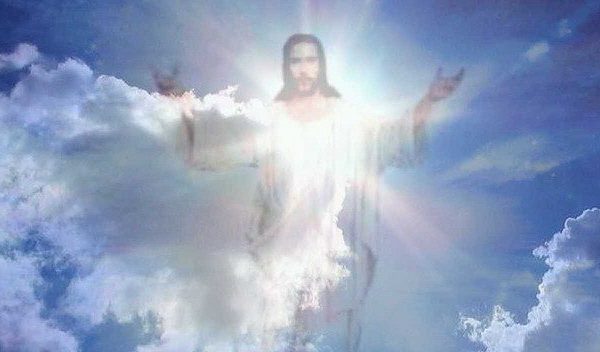
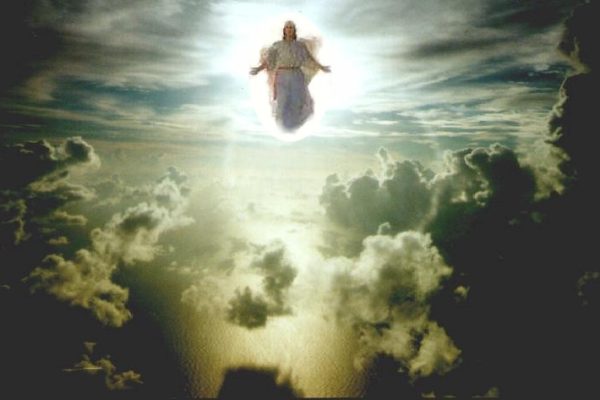

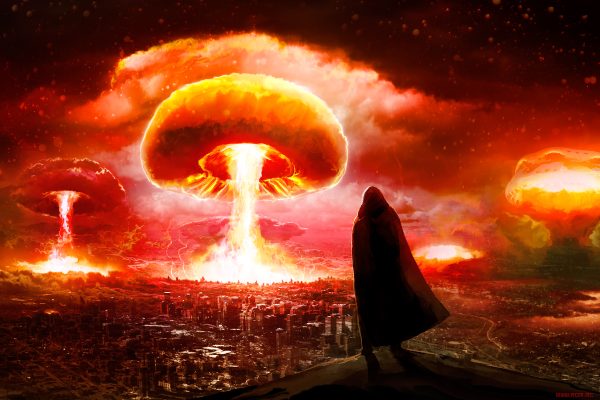
Wow. Seems to fit everything together well. Since Heiser would be heterodox by Orthodox definition, how does this fit into your analysis? Broken clock right twice a day or something more?
I humbly believe that all denominations got something wrong or left something out. I am siding with Orthodoxy, because it is the one that has done it the least. Heiser rediscovered many things that were part of ancient Christianity, seemingly without tapping into Orthodox exegesis. He admitted he mostly drew from others and just conveyed it in a summarized and easy to understand way, at which he was brilliant. I am trying to do something similar. At the same time I think that he is an example of when you are part of the establishment, it is very hard to bypass it. For example, he made a great case proving the Book of Enoch and other apocrypha were scripture at the time of the apostles, and still very important today, but ends up saying they are no longer scripture. Had he said it is still scripture, he would have been labeled heretic. He did such a good job that he convinced me that Enoch, or at least most of it, is scripture. Enoch makes a great case for full preterism, as it describes the Age to Come in mostly spiritual terms.